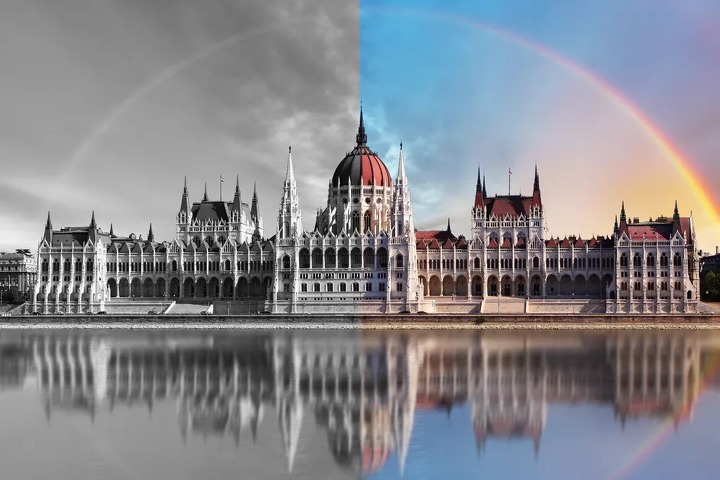Speaking about division between the older and newer EU member states Minister Varga pointed out that the events of the past left a mark on our minds, that’s why we may have discussions with the EU. Hungarian and Central Europeans sometimes have the impression that Western Europeans do not understand us because they have no clue about our countries – not by their own fault, but because it is not part of their education and it does not attract their interest. Meanwhile, we always wanted to belong to the West, so we know a lot about them – she added. Áron Máthé stressed that after the fall of the Iron Curtain, Western investors cooperated with members of the ex-socialist elite, as they had the local knowledge and network and, thus, they could help them. This cooperation, naturally, was not well received by the parties of the former democratic opposition and the majority of the population. Minister Varga accentuated that countries in our region are still sometimes treated as a group of ex-socialist countries. This can be greatly problematic, as it leads to generalisations. However, we all have our specificities. That’s why occasions like this are a great opportunity to learn more about us and understand the underpinnings of our policy-making – Minister Varga added.

